The New York Attorney General, Letitia James, has filed a lawsuit against JBS, the largest meatpacker globally.
The legal action accuses the company of misleading public assertions about its environmental strategies. Specifically, JBS USA is alleged to have made false claims regarding its capacity to achieve net zero carbon emissions by 2040, as per the lawsuit.
Questioning the Sustainability Claims of JBS
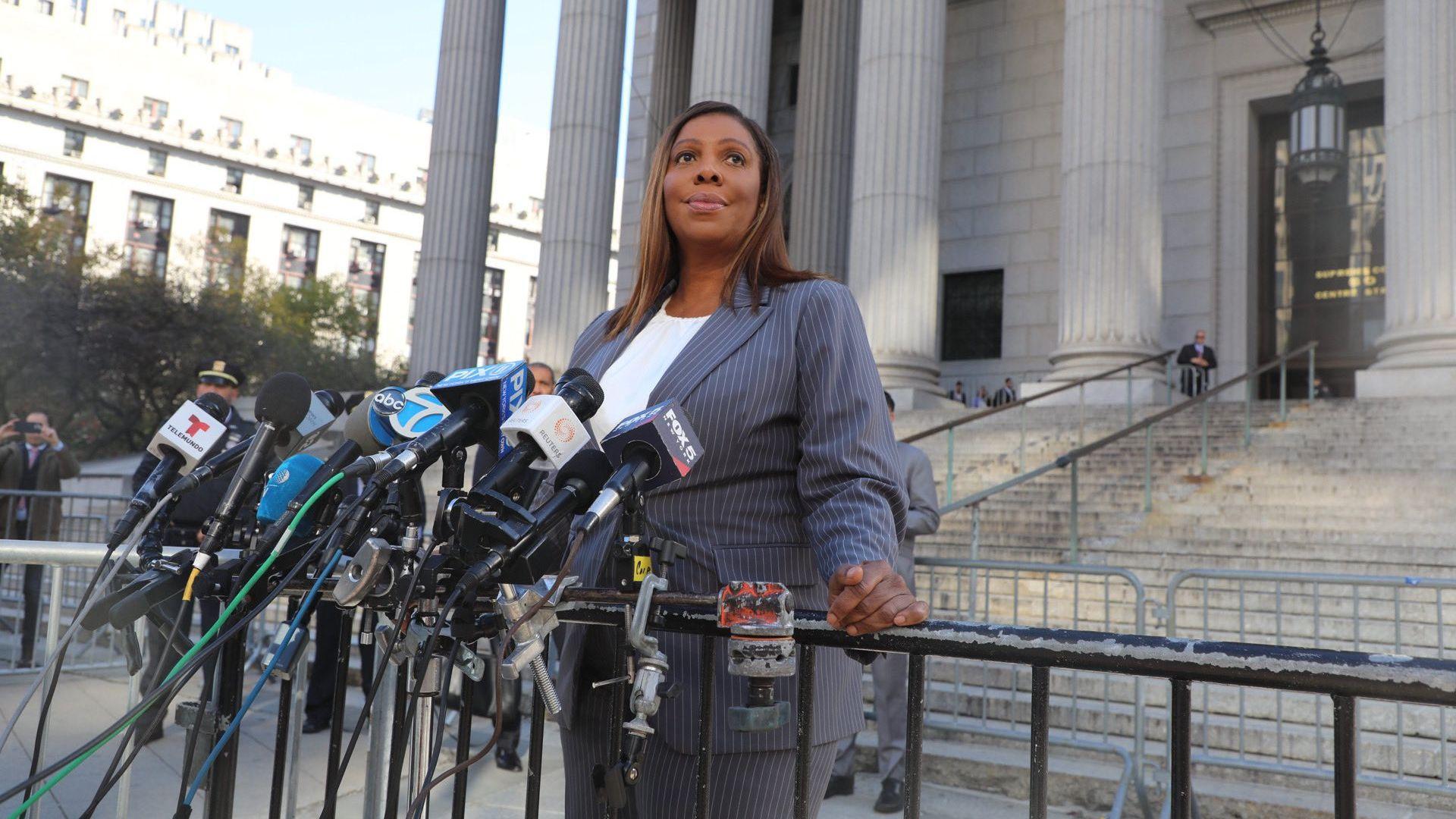
The lawsuit scrutinizes JBS’ public statements, which suggest that the company could maintain its commitment to reducing its carbon footprint while simultaneously planning to expand meat production.
These claims, according to the New York Attorney General, might not hold up, indicating a potential disconnect between the company’s growth strategies and its environmental commitments.
Impact of Misleading Environmental Claims

The Attorney General, Letitia James, asserts that JBS’s purported greenwashing practices misguide consumers who prefer environmentally friendly products, thereby exploiting their trust and undermining efforts for a sustainable future.
This practice, as highlighted in the lawsuit, not only affects consumer choices but also has broader implications for environmental conservation efforts.
JBS’ Stance on Environmental Commitments

In response to the allegations, JBS has defended its environmental initiatives. The company expressed its disagreement with the New York Attorney General’s characterization of its commitments.
A spokesperson for JBS said “JBS will continue to partner with farmers, ranchers and our food system partners around the world to help feed a growing population while using fewer resources and reducing agriculture’s environmental impact.”
The Scale of JBS’ Operations
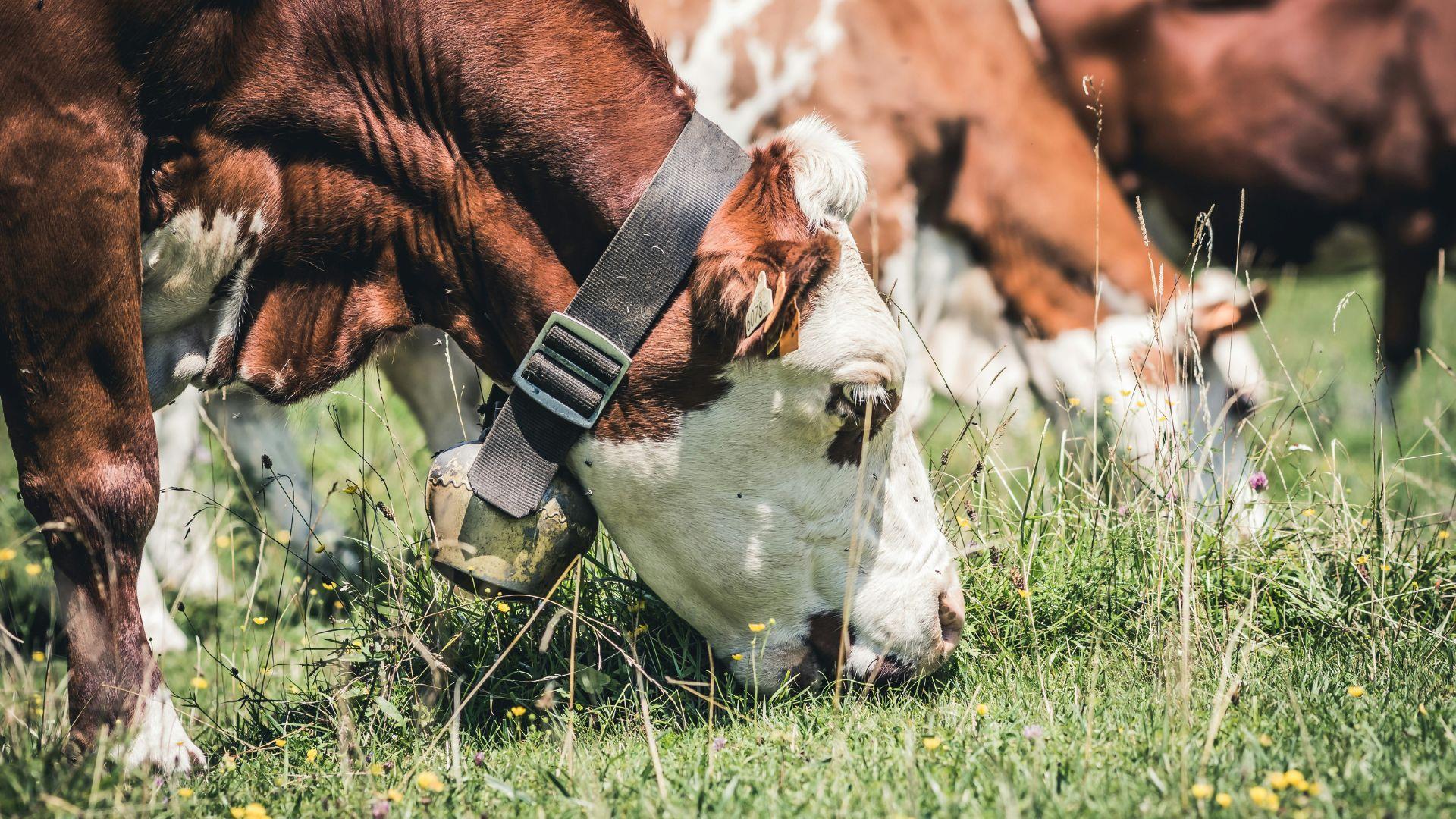
JBS’ operations span across various countries, including the United States, Australia, and Canada, positioning it as a leading beef producer globally.
The company processes an enormous quantity of livestock, underlining its significant role in the global meat industry.
Financial and Legal Implications for JBS
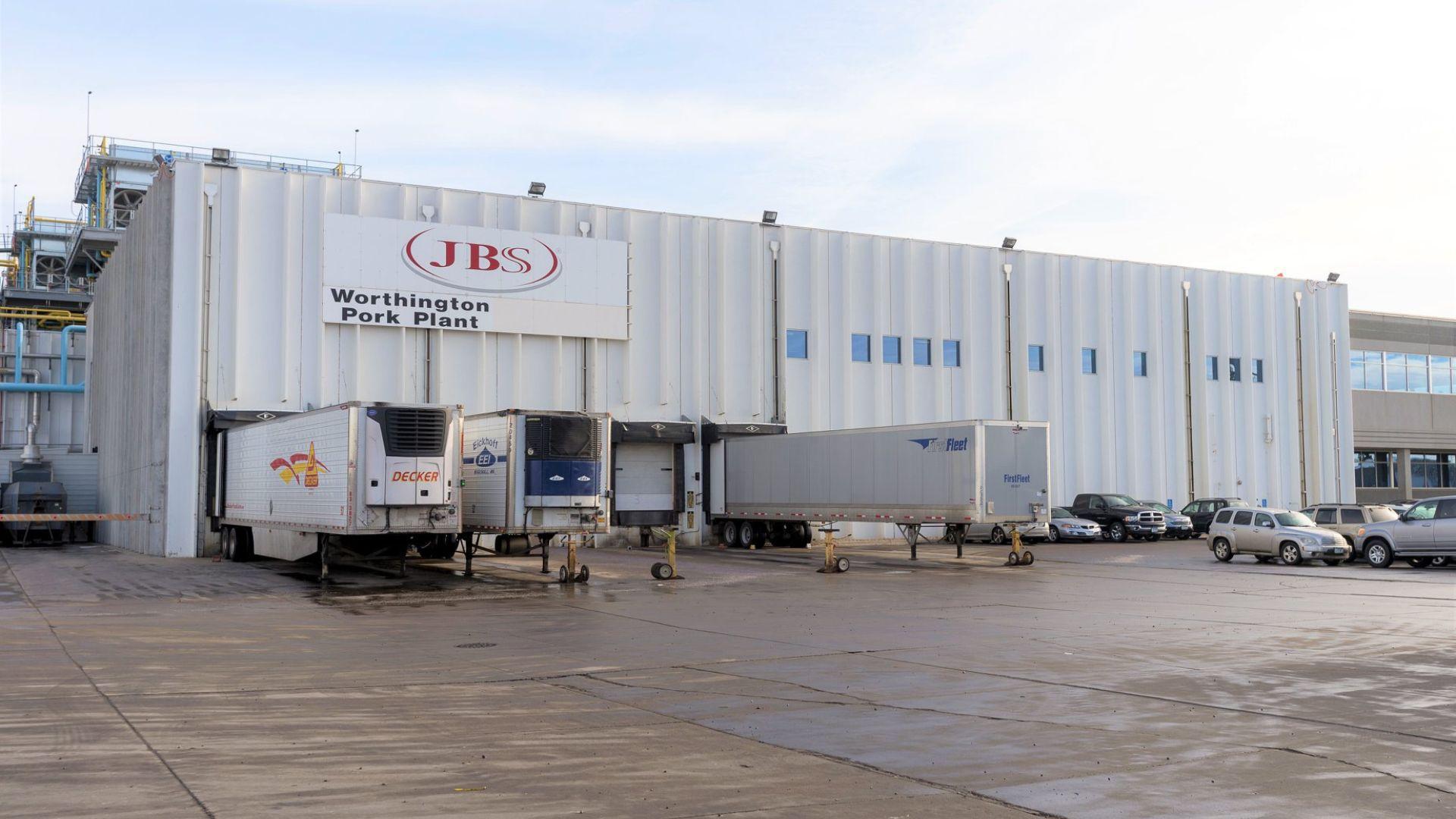
The New York lawsuit seeks financial redress, urging JBS to forfeit any profits gained through what the state deems misleading practices.
This action illustrates the financial stakes involved and the legal pressures the company faces to align its practices with its public environmental commitments.
Greenhouse Gas Emissions and Agriculture
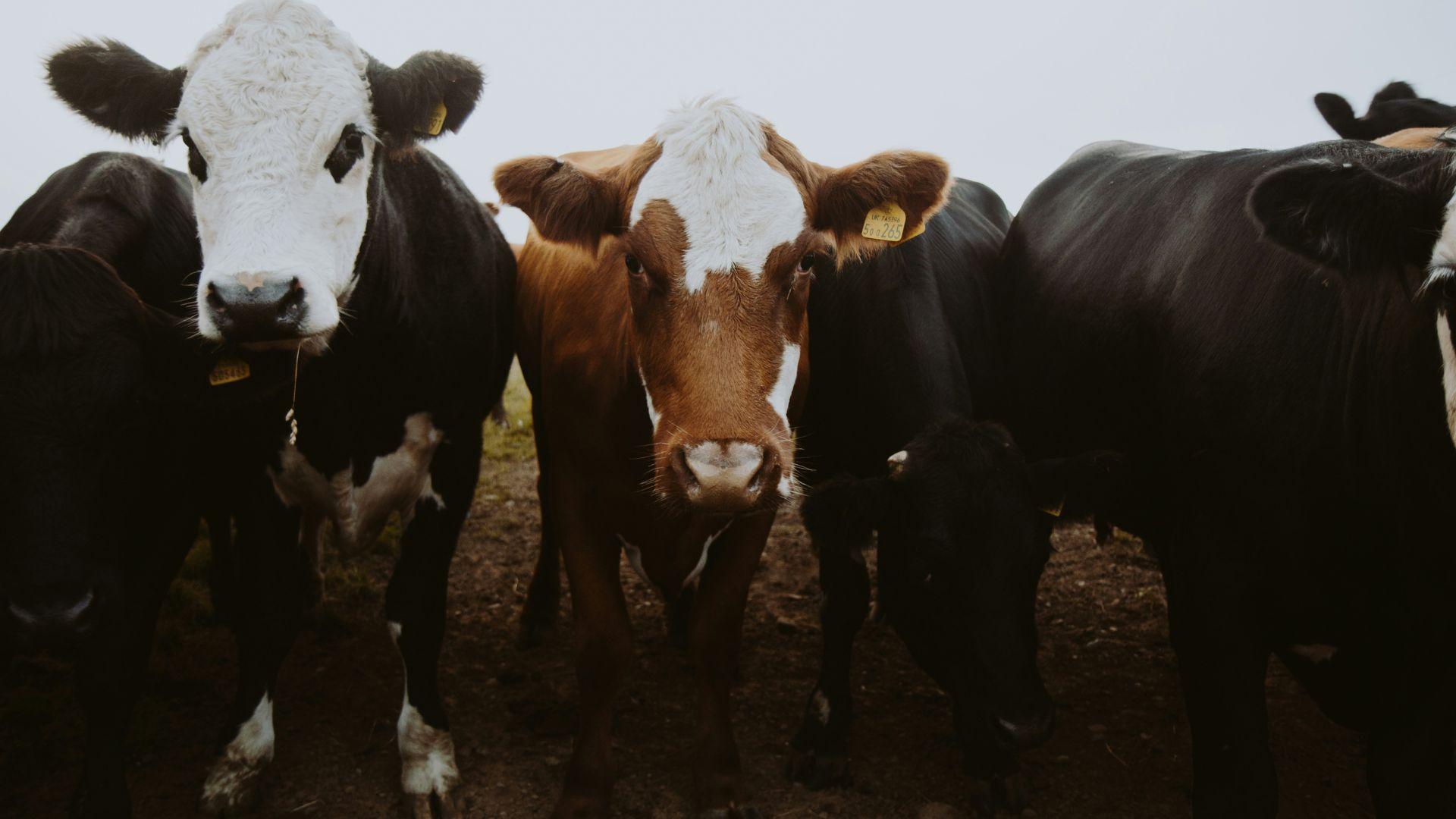
Highlighting the environmental context, AP News reports that the lawsuit references data indicating that beef production is a major source of greenhouse gas emissions, which significantly contributes to global climate change challenges.
This backdrop frames the urgency and relevance of the allegations against JBS, given the industry’s environmental impact.
The Environmental Toll of JBS’ Operations

Glenn Hurowitz, CEO of Mighty Earth, has voiced stark criticism regarding JBS’ environmental track record.
He said, “JBS has driven more than 2.4 million acres of Amazon deforestation, has poured record methane pollution into the atmosphere, and has a total climate footprint estimated to exceed the entire country of Spain.”
Broader Repercussions of JBS’ Alleged Greenwashing

The legal challenge against JBS reflects growing scrutiny of corporate environmental claims, emphasizing the need for transparency and accountability in how companies communicate their sustainability efforts.
This case could set a precedent, influencing how other companies in the industry approach environmental disclosure and marketing.
The Advertisement Controversy
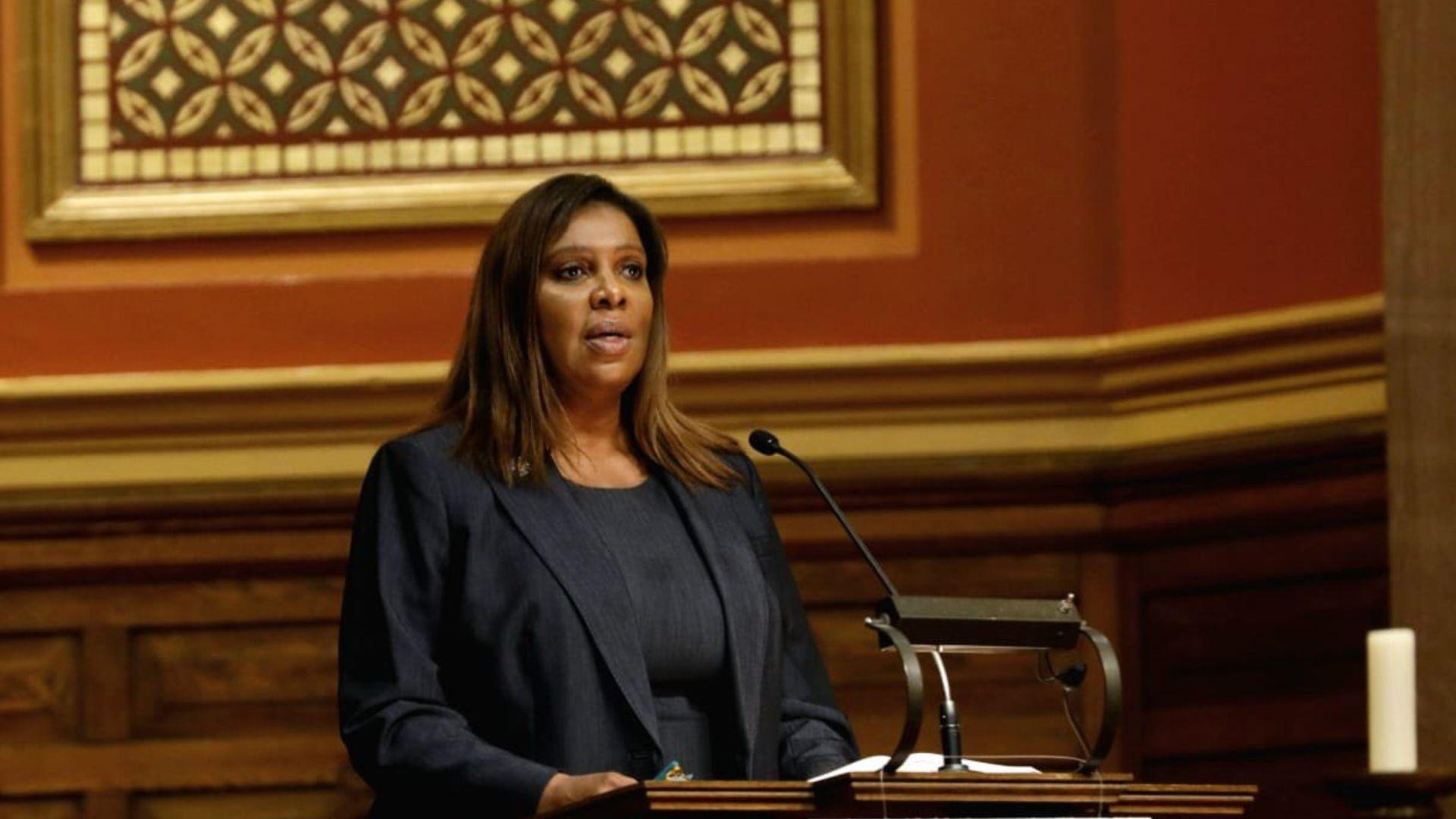
Central to the lawsuit is a full-page advertisement by JBS in The New York Times from April 2021, where JBS boasted about its “net zero” emissions goal. Additionally, the U.S. CEO of JBS conveyed at a climate week event in New York City in September that the company had committed to achieving net-zero emissions by 2040.
Attorney General Letitia James criticized these claims, stating, “When companies falsely advertise their commitment to sustainability, they are misleading consumers and endangering our planet.”
Lawmakers Express Concerns Over JBS’s Potential Market Impact

Recent communications from legislators in both the United States and the United Kingdom to the Securities and Exchange Commission have cast a spotlight on JBS’ planned market activities.
These lawmakers have raised alarms that providing JBS with broader market access and increased capital could inadvertently fuel further environmental degradation, particularly in the Amazon rainforest where the company is implicated in significant deforestation activities.
Legal and Financial Consequences for JBS

The lawsuit against JBS not only scrutinizes the company’s environmental claims but also seeks substantial financial redress. New York’s legal action aims for the disgorgement of all profits that JBS has allegedly earned through misleading public about its sustainability practices.
Additionally, the state is pushing for penalties that could start at $5,000 per violation, demonstrating the seriousness with which these alleged misrepresentations are being treated.
